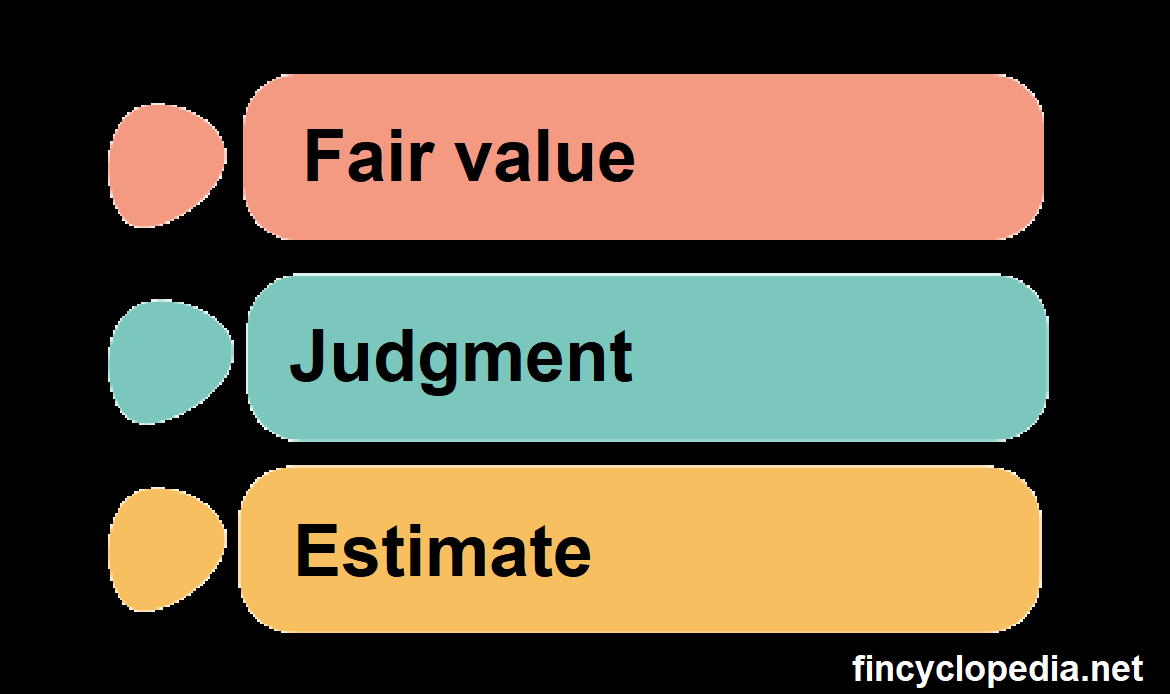
Fair value accounting estimates
Fair value accounting estimates are accounting estimates made using a method of measurement prescribed by the applicable financial reporting framework that is simple and applied easily to the asset or liability requiring measurement at fair value (FV) or for which fair value is the prescribed measure basis. Fair value accounting estimates are also those where the model used to measure the accounting estimate is commonplace or generally accepted, provided that the assumptions or inputs to the model are observable in the market.
Not all financial statement items requiring measurement at fair value give rise to estimation uncertainty. For example, certain financial statement items may be derived from an active and open market that provides readily available and reliable information on the prices at which actual exchanges take place. In this situation, the existence of published price quotations is usually the best audit evidence of fair value.
Specific set of accounting estimates
For a specific set of accounting estimates, there is a relatively high estimation uncertainty. This is usually common when such estimates are based on significant assumptions or judgments. This includes some fair value accounting estimates for derivative financial instruments that are not publicly traded, and fair value accounting estimates for which a highly specialized internally developed model is used and that relies on assumptions or inputs not observable in the market.
Other examples of situations where fair value accounting estimates may be required include:
- Complex financial instruments, which are not traded in an active and open market.
- Share-based payments.
- Certain assets or liabilities acquired in a business combination, including goodwill and intangible assets.
- Property or equipment held for disposal.
- Transactions involving the exchange of assets or liabilities between independent parties without monetary consideration, for example, a non-monetary exchange of plant facilities in different lines of business.
Estimation involves management judgments based on information available at the time of preparation of the financial statements. For many accounting estimates, these include making assumptions about matters (conditions, events, transactions) that are uncertain at the time of estimation.
An entity’s auditor is not required to provide predictions about future conditions, transactions or events that, if known at the time of the audit, might have significantly affected management’s course of action or the assumptions established and used by management.





Comments